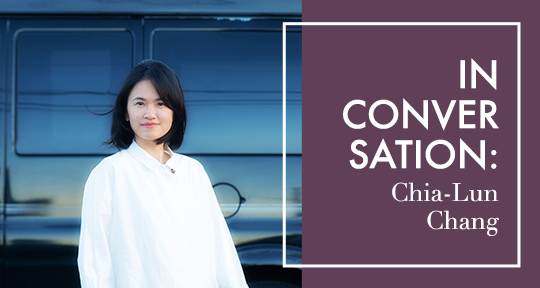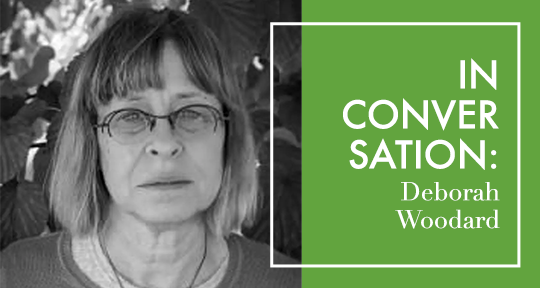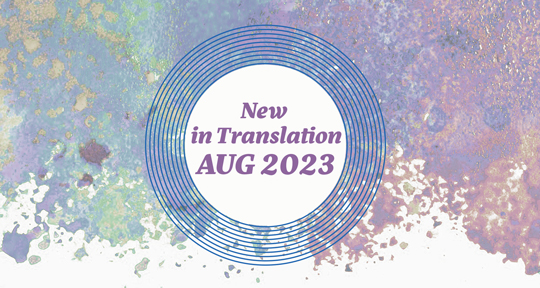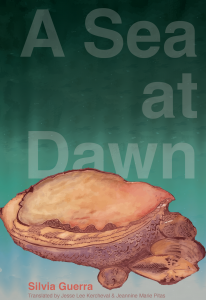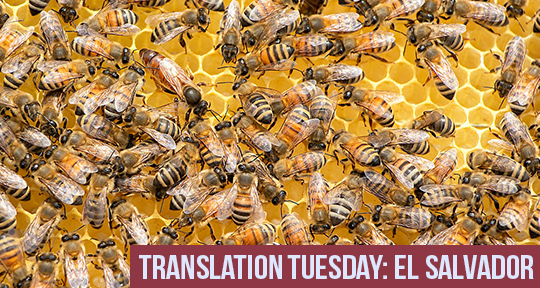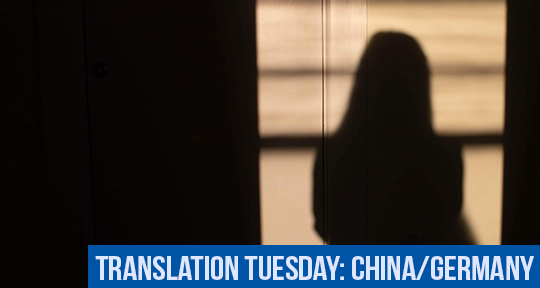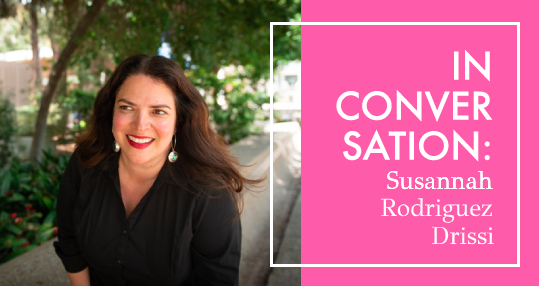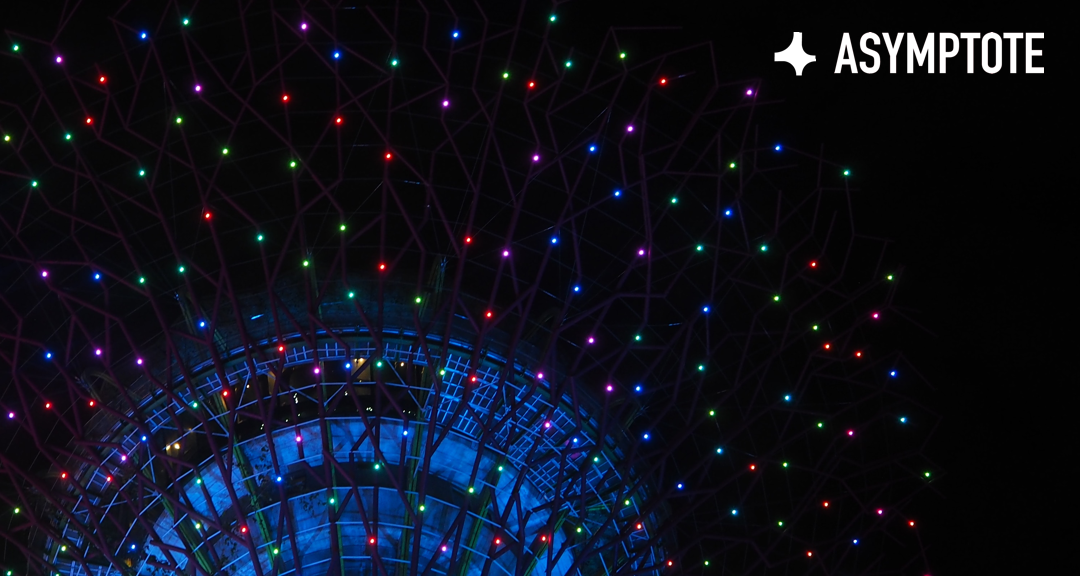This week’s literary round-up include groundbreaking publications of Romanian literature, what to look forward to in the upcoming annual Guadalajara International Book Fair, and the passing of a Greek lyrical poet. Read on to find out more.
MARGENTO, Editor-at-Large, reporting from Spain and Romania
It’s the age of rediscoveries and revisitings in contemporary Romanian literature, both at home and abroad. In his singular indefatigable and all-inclusive manner, past Asymptote contributor Felix Nicolau has launched the first volume of the monumental anthology Grandes escritores rumanos (Great Romanian Writers), previously presented on our blog. The event took place on November 15 in Madrid at the Romanian Cultural Institute, where Nicolau presented the collection together with co-editor Alba Diz Villanueva.
While introducing Romanian classics to Spanish-speaking audiences—and thus marking a huge milestone in Romanian literature in translation, the impressive release has received accolades regarding its unique approach and framework amidst the entire Spanish-speaking literary world, specifically regarding its multifaceted richness fusing translation, literary commentary, didactic utility, and cross-cultural interpollination.
Felix Nicolau has also been involved in what is perhaps this year’s most sensational rediscovery in Romanian literature: De dor de sufletul lui Andersen (On Missing Andersen’s Spirit), a collection of fairy tales by Nichita Stănescu, published by Rentrop & Straton. Nicolau authored the preface to the text, and recently contributed an astute review of the same book to the literary magazine Astra. Famously known for his neo-modernist poetry of intriguing sophisticated imagery and memorable, abstractly paradoxical formulations that both stylistically revolutionized Romanian letters in the 1970s and implicitly opposed Communist social realism, Nichita Stănescu has been rediscovered in a staggeringly surprising capacity. These one-of-a-kind fairy tales verge on potentially best-selling children’s literature without relinquishing the radically imaginative innovativeness and the hypnotizing oracular diction of his poetry, with Nicolau placing them at the crossroads of Perrault, Saint-Exupéry, and Terry Pratchett. Additionally, argues Nicolau, there is so much more to these tales, as they are informed by avant-garde poetics and retain a cultural relevance within the digital age. READ MORE…



